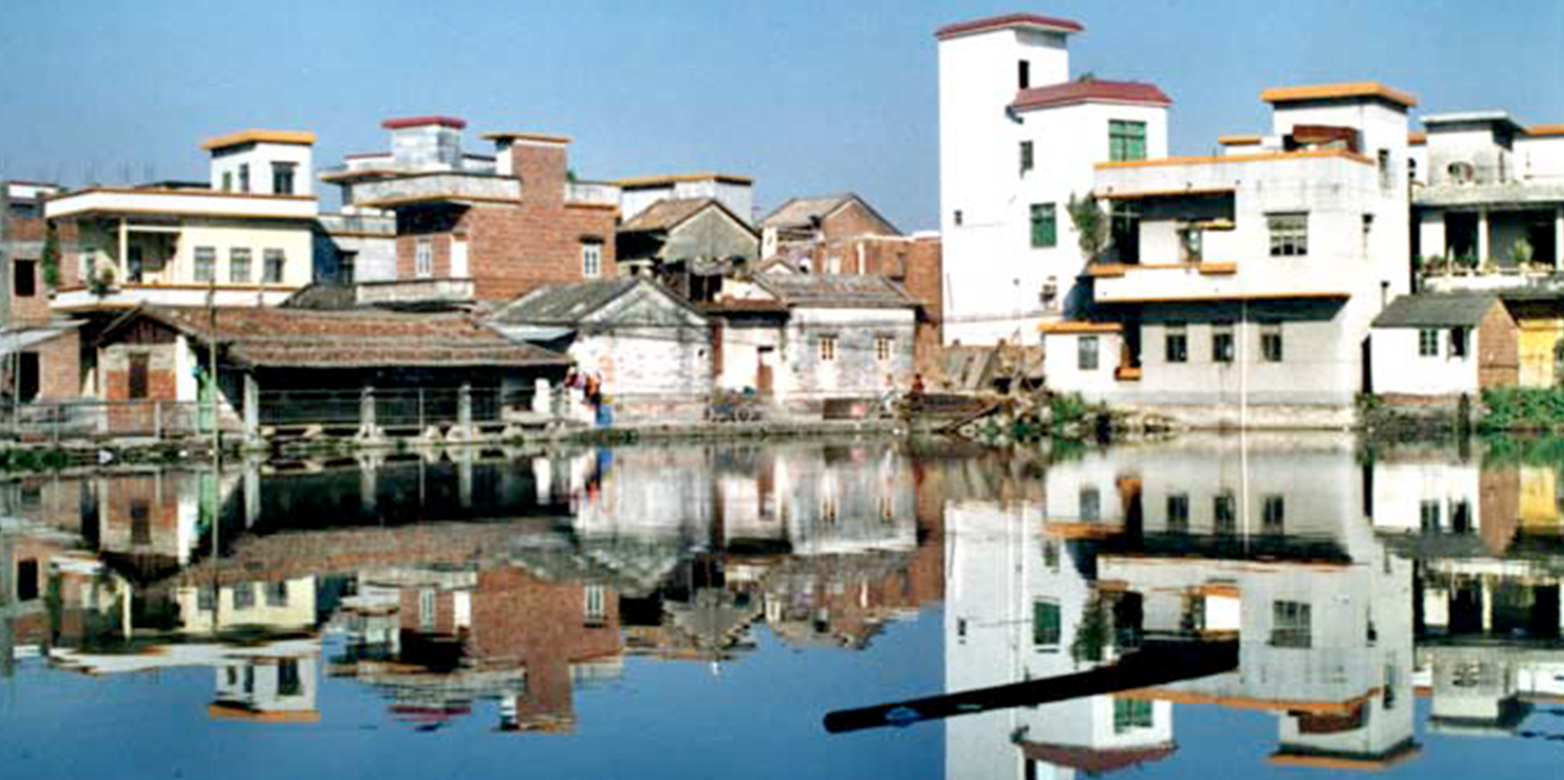AGS Future Cities - Guangzhou

A partnership for urban sustainability
This is a follow-up project funded by the Alliance for Global Sustainability in early 2000. It intends to further develop and apply the research of the "AGS Future Cities: Toward Sustainable Cities" in a partnership with the city of Guangzhou in Southern China and the University of Hong Kong.
This project will be conducted over a period of two years. It involves interdisciplinary research teams from ETH (ETH Wohnforum/Center for Housing and Sustainable Development), MIT (Department of Construction Research and Education), and the University of Tokyo (Department of Urban Engineering), as well as the University of Hong Kong (Department of Architecture).
The overall goals of the project are twofold:
1) To support the city of Guangzhou in addressing problems related to urban transportation, housing, waste and water management through the application and adaptation of technical, social and policy analysis tools developed in conjunction with the AGS project "Future Cities".
Specifically the project will:
- provide approaches for developing and assessing policy measures to reduce air pollution and fossil fuel consumption related to urban transportation
- provide tools for regional resource management with a focus on rural/urban interactions;
- provide and apply a multi-systems analysis for sustainable development in housing construction and renovation
- provide and adapt engineering tools for resource recovery (e.g., paper, plastics) as well as water management
2) To develop a research partnership between developed and developing countries toward capacity building, specifically focused on the exchange and enhancement of know-how, improved decision-making and implementation of change processes.
Guangzhou has been selected for the following reasons: It has many of the typical characteristics of large cities in countries with an economy in transition. The city with a population of almost 10 million inhabitants is faced with rapid economic development, large-scale investments and a strong population influx. These rapid growth processes pose a major challenge in terms of the provision of transportation infrastructure, housing, water and waste management, and the general planning of spatial and infrastructure development in order to meet the needs of the future without further contributing to environmental degradation and resource depletion and destruction.